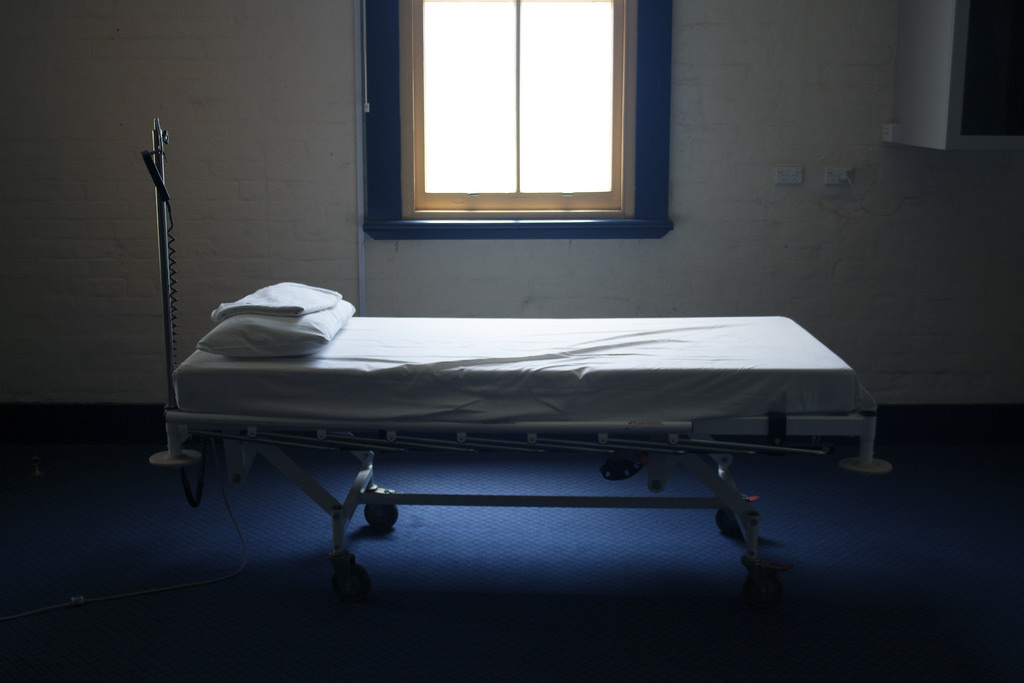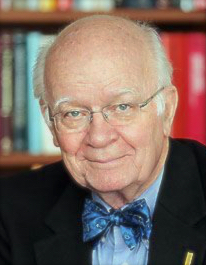How Life Should End
It was not hard for Sightings to spot a topic of importance this week
 It was not hard for Sightings to spot a topic of importance this week. “How life ends: Death is inevitable. A bad death is not” was on the cover of The Economist (April 29th). Inside were stories with headlines like “How to have a better death” and “Mending mortality.” And there was a story about Brazil, “Death wishes.” The task for this columnist is to spot references to religion(s), something one would think would be natural, since the “Abrahamic faiths” have so much to say about death, dying, and what might follow. Yet we did not find anything about religion or the religions or religious hopes in The Economist’s main story.
It was not hard for Sightings to spot a topic of importance this week. “How life ends: Death is inevitable. A bad death is not” was on the cover of The Economist (April 29th). Inside were stories with headlines like “How to have a better death” and “Mending mortality.” And there was a story about Brazil, “Death wishes.” The task for this columnist is to spot references to religion(s), something one would think would be natural, since the “Abrahamic faiths” have so much to say about death, dying, and what might follow. Yet we did not find anything about religion or the religions or religious hopes in The Economist’s main story.
The attached Brazilian one, reporting on the results of a survey of what matters to people most at life’s end, was quite different. The pollsters and editors, noting that “[t]here are more Catholics in Brazil than any other country,” found 83% of Brazilians said “religion played a ‘major role’ in their thinking about end-of-life care, against 50% of people in [pluralist] America and 46% in [once Catholic] Italy.” Whether the American figure was colored by the nature of poll-taking, editing, and publishing, or whether half of “us” really don’t care much, is a topic for a different day. Those of us who are guilty of belonging to worshiping communities tend to see things in particular ways. Hospital chaplaincies, religiously based care-of-the-sick-and-dying agencies, seminary courses, and lay seminars on the subject abound. A pastoral call or ritual and prayerful address by fellow members of one’s religious community are much cherished.
In our intimate circle for coping, conversing, and consoling, someone brought up an article by Father Richard John Neuhaus, published during his first bout with cancer in 2000, nine years before his death from it. “In all the cards and letters assuring me of prayer,” Neuhaus wrote, “and almost all did offer such assurance, there were notable differences. Catholics say they are ‘storming the gates of heaven’ on your behalf, and have arranged to have Masses said. Evangelical Protestants are ‘lifting you up before the throne.’ Mainline Protestants, Jews, and the unaffiliated let it go with a simple ‘I am praying for you,’ or ‘You are in my prayers.’ One gets the impression that Catholics and evangelicals are more aggressive on the prayer front.” Not in Neuhaus’s article, but in our observation of television coverage after violent (i.e., criminal) deaths or in the path of natural disasters, most minority interviewees or migrant fellow-residents are more at ease with and dependent on prayer, spiritual reckoning, and the like, than are others.
Notice, if—or, better, as—you read Father Neuhaus, how brutally realistic he was even in the beginning months of his decade-long dying. “I was never once afraid,” it is true. This “had less to do with courage than with indifference… I was surprisingly indifferent to whether I would live or die. It probably had less to do with holiness than with my knowing that there was nothing I could do about it one way or the other.”
The Economist cites Atul Gawande, surgeon and author, who has launched the “Serious Illness Conversation Guide” for physicians and patients. Since loneliness and aloneness are great enemies of living and life, many counsellors are picking up on that valuable concept: conversing. We can know that Neuhaus found many conversation partners during his dying years, and that he learned from them and inspires continuing conversation at the side of Dr. Gawande, Brazilian priests, and other learners about life. So, let’s talk.
Resources
- “Death wishes.” The Economist. April 29, 2017. Published online as “What people most want in their final months.”
- Neuhaus, Richard John. “Born Toward Dying.” First Things. February 2000.
Photo Credit: mattyp_/Flickr via Compfight (cc)
 Author, Martin E. Marty, is the Fairfax M. Cone Distinguished Service Professor Emeritus of the History of Modern Christianity at the University of Chicago Divinity School. His biography, publications, and contact information can be found at www.memarty.com. Author, Martin E. Marty, is the Fairfax M. Cone Distinguished Service Professor Emeritus of the History of Modern Christianity at the University of Chicago Divinity School. His biography, publications, and contact information can be found at www.memarty.com. |
Sightings is edited by Brett Colasacco, a PhD candidate in Religion, Literature, and Visual Culture at the University of Chicago Divinity School. Subscribe here to receive Sightings in your inbox twice a week. You can also follow us on Facebook and Twitter.


